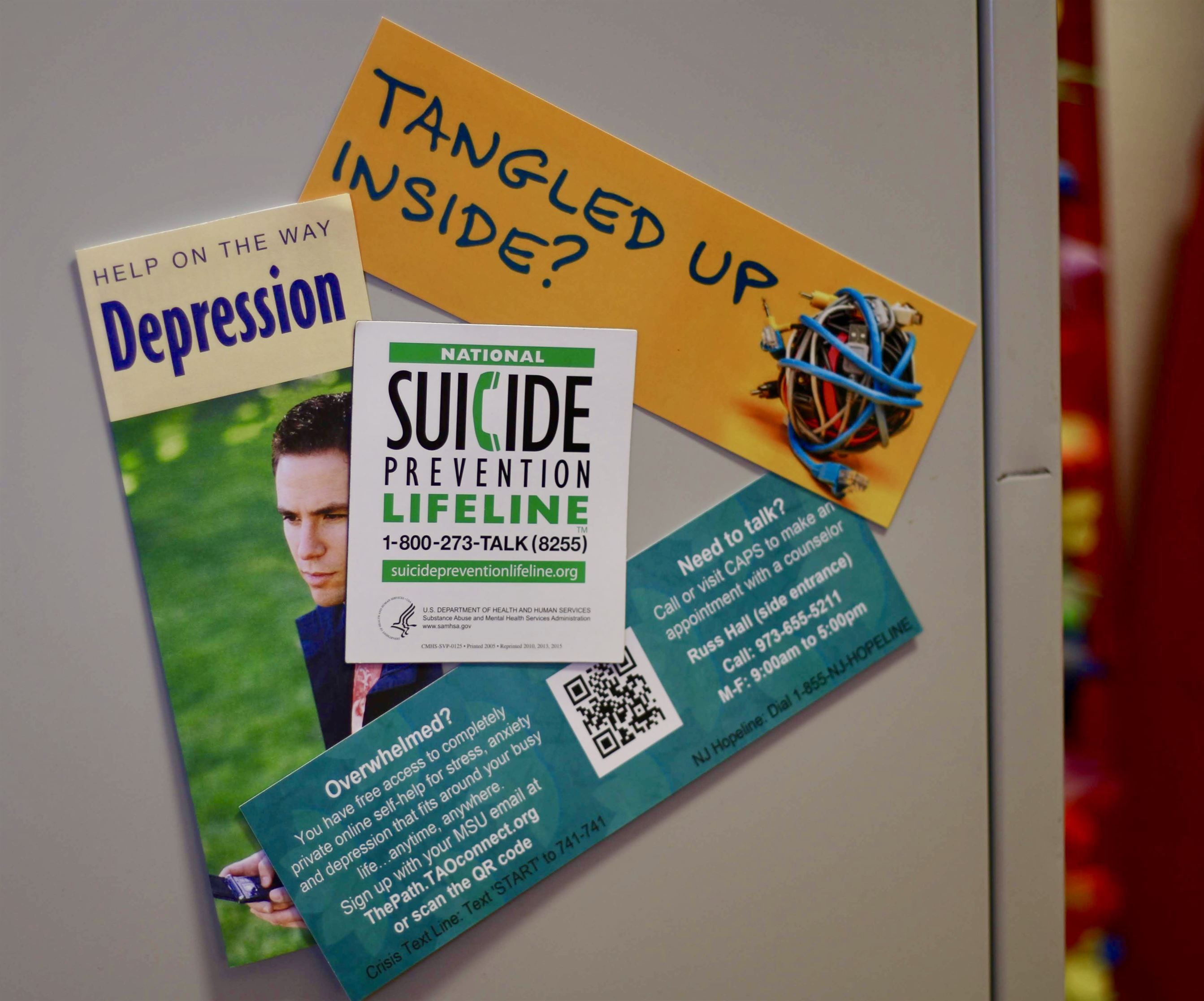A proposed bill in New Jersey would require suicide prevention training for mental health professionals following a spike in suicide attempts among New Jersey residents.
The bill has already passed in the state General Assembly but will need to be passed in the Senate to take full effect.
According to NJ Spotlight, data from the New Jersey Poison Control showed a significant increase in preteen suicide attempts. The number of suicide attempts by drug overdose is 100 among New Jersey preteens since Jan. 2018.
An increase in suicide can also be seen among adults in New Jersey, with self-harm being the second leading cause of death among 15 to 25 year olds in the state.
Megan Kick, a freshman English major, believes the law is a step in the right direction.
“It’s important for all mental health professionals to have suicide prevention training because suicide is a prevalent issue in today’s society and they should know how to handle it,” Kick said.
Kick also shared activities she does and remedies she follows to keep her mind healthy, which include exercise, a healthy amount of sleep, meditation, chakras and calming essential oils.

Megan Kick uses essential oils and chakra bracelets to improve her mental health.
Jenna Sundel | The Montclarion
Carmen Grandovic LaBrie, a junior history major, also expressed how important self-care is.
“If I don’t take care of my body, my mind will be next to go,” Grandovic LaBrie said.
Montclair State University’s Counseling and Psychological Services (CAPS) offers various mental health resources for students, including free suicide prevention training for all students.
Dr. Jude Uy, Suicide Prevention Coordinator of CAPS, explained the purpose of the training.
“We want to make sure that our community here is safe, conscientious, thoughtful and supportive of our students,” Uy said.
Uy also recommends that all students check out Therapy Assistance Online (TAO), a website and mobile app with resources for many common problems and stressors that college students may face. It is free for all Montclair State students and faculty.
“The cool thing about this TAO program is that it’s accessible online, on your phone, on a tablet, in the middle of the night, on the weekend, and it’s free of charge and is confidential,” Uy said.
Another app students can download is Just in Case. It is a free app available on the App Store and Google Play store. The app gives students specific steps to follow for a variety of common problems, including hazing, academic struggles and possible concerns about a friend. It also connects students to mindfulness apps, mental health apps, national call and text lines.
If you are concerned about yourself or a friend, text the Crisis Text Line at 741741 or call the National Suicide Prevention Lifeline at 1-800-273-8255. These services are free, confidential and available in the USA 24/7.



